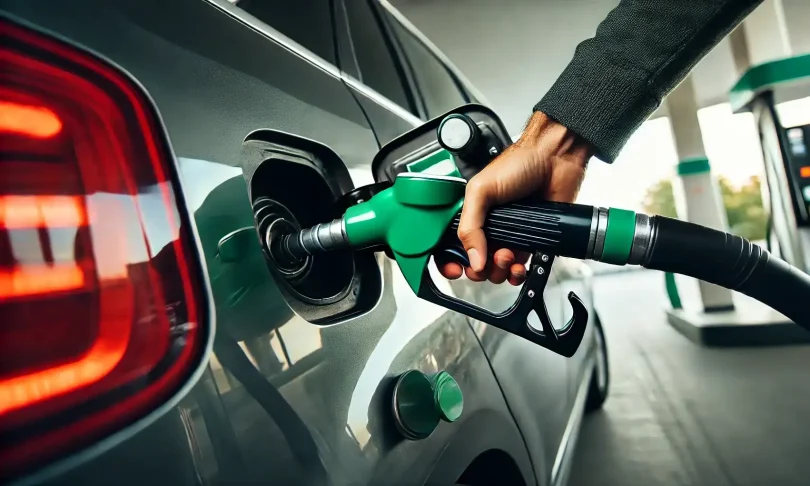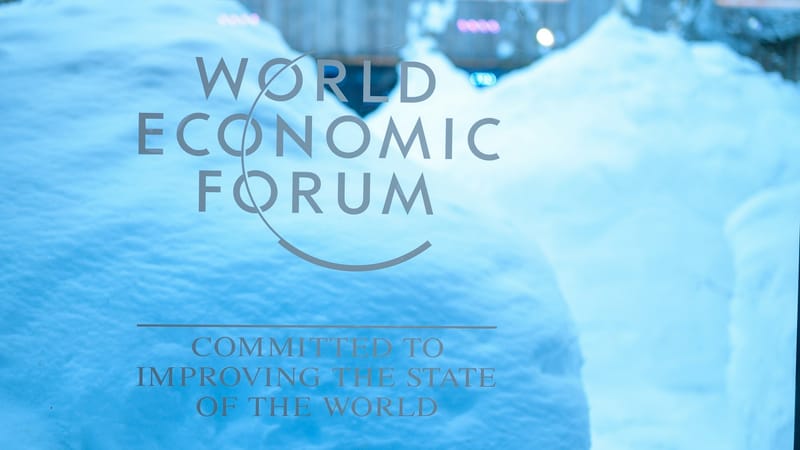BP warns energy transition is at risk of being ‘disorderly’ and more costly, says global demand is still rising

BP Plc, which has been rowing back its ‘net zero’ plans following last year’s management change, today published its annual ‘energy outlook’ commentary – in which it said that the global transition to clean energy would be disorderly and more costly if current trends persist.
The oil and gas major estimated that crude oil demand would ‘peak’ in 2025, at 102 million barrels per day, before gradually declining.
Even by 2035 the oil major estimates the demand for crude would remain at a robust 97.8 million barrels per day – which is more than seen last year.
BP also sees demand for natural gas on the rise, mostly coming from ‘emerging economies’
As such, BP is reckoning on fossil fuels playing a significant role in the global energy mix over the next decade.
Berard Looney, BP’s former CEO who left the company under a HR cloud as he allegedly failed to declare personal relationships with colleagues, had previously laid out a net zero strategy that included a pledge to cut its hydrocarbon production by 40% by 2030 whilst increasing investments in renewable energy and alternative businesses targeting ‘net zero’ by 2050.
More recently, under new chief executive Murray Auchincloss, the company has reportedly put a ‘freeze’ on new offshore wind ventures and, according to Reuters, citing sources close to the oil giant, it is favouring investment in new oil and gas assets, especially in the Gulf of Mexico and US shale basins
In its annual commentary, BP claimed that although substantial investments are being made in renewable energy, which it said is up 50% globally since 2019, the growth in wind and solar capacity has not been sufficient to meet the rising energy demand.
BP's report described the world as being in an "energy addition" phase where both low-carbon and fossil fuel consumption are increasing.
Spencer Dale, BP's chief economist, said that the longer the world takes to transition to low-carbon energy, the higher the risks of economic and social disruptions.
Dale noted the need for a rapid shift to a "substitution" phase, where renewable energy can sufficiently meet global energy needs.






